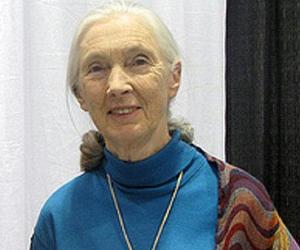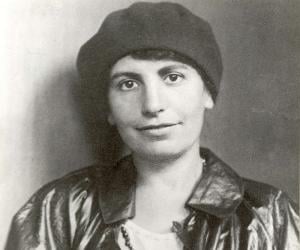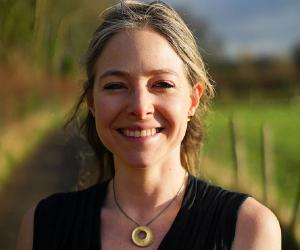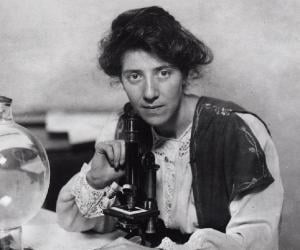Jane Goodall is an English anthropologist and primatologist. Goodall's research proved that chimpanzees could use tools like stalks of grass to fish out termites from termite holes; this also challenged the long-held belief that chimpanzees were vegetarians. Goodall also discovered that chimpanzees are capable of emotions like sorrow and joy. Goodall is also credited with founding the Jane Goodall Institute.
Anna Freud was a British psychoanalyst. The daughter of Sigmund Freud, Anna followed in the footsteps of her father and made important contributions to the field of psychoanalysis. Alongside Melanie Klein and Hermine Hug-Hellmuth, Anna Freud is counted among the founders of psychoanalytic child psychology. Her work and contributions were featured in a documentary titled The Century of the Self.
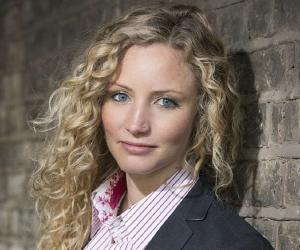
Apart from being a historian and an award-winning professor, Suzannah Lipscomb is also a popular author and broadcaster. Known for presenting documentary series such as Walking Tudor England and Witch Hunt: A Century of Murder, she also pens columns for History Today and other publications and is a public speaker, too.
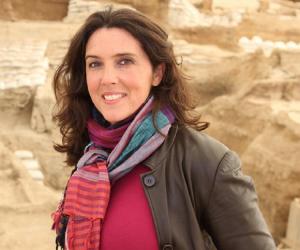
The daughter of English actor Peter Hughes, art historian Bettany Hughes is also a popular TV personality and an author. Best known for presenting and writing documentaries and shows such as Ancient Discoveries and The Spartans, she also supports The Iris Project, which promotes Latin and Greek languages.
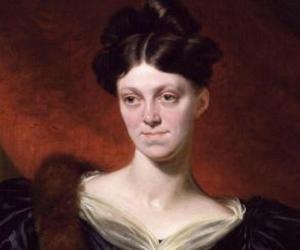
Regarded by many as the first female sociologist, Harriet Martineau was a prominent 19th-century social theorist, classical economist, and intellectual who penned the iconic work The Positive Philosophy of Auguste Comte. She was partially deaf and had lost her sense of taste and smell in childhood.
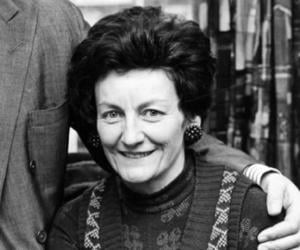
Apart from being a successful botanist, Marie Stopes was also a popular activist, known for her contribution to the feminist cause. A leading supporter of birth control, she established the UK’s first clinic for family planning. She was also known for her books Married Love and Wise Parenthood.

Karen Armstrong is a British commentator and author best known for writing books on comparative religion. Her work emphasizes the commonalities of major world religions like the Golden Rule and the importance of compassion. Karen Armstrong has received several prestigious awards, such as the Freedom of Worship Award and the Nayef Al-Rodhan Prize for Global Cultural Understanding.
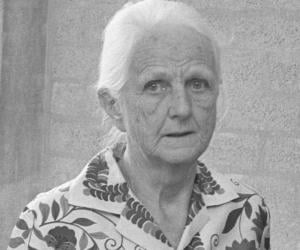
Post-Keynesian economist Joan Robinson specialized in monetary economics and is remembered for her research and academic activities in India, China, and Korea. Initially a Cambridge lecturer, she later taught at Girton College and became the first woman to be made an honorary fellow of King's College.
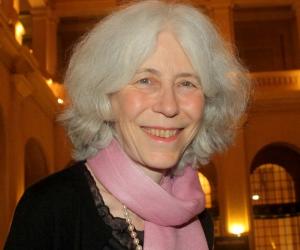
Apart from being one of the heiresses of the affluent Rothschild banking family, Emma Georgina Rothschild is also a famous economic historian, a Harvard professor, and a former United Nations Foundation board member. She has also worked at MIT and Cambridge and is married to Nobel Prize-winning economist Amartya Sen.
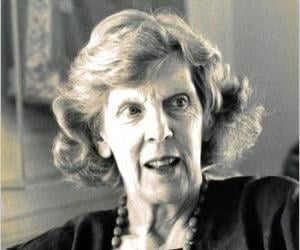
Philippa Foot is remembered as a forerunner of what is now known as virtue ethics. Granddaughter of American president Grover Cleveland, Foot laid down the Trolley problem and believed that the morality of any act is related to its rationality. She was also associated with the charitable organization Oxfam.
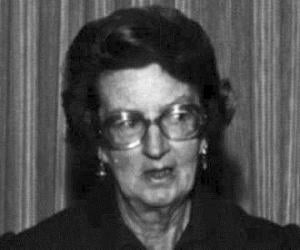
British paleoanthropologist Mary Leakey had exhibited her interest in drawing and archaeology as a kid. Most of her career was spent working alongside her husband, Louis Leakey. She was in charge of many excavation projects in Kenya. Her discoveries include the first Proconsul skull fossil and 15 new animal species.
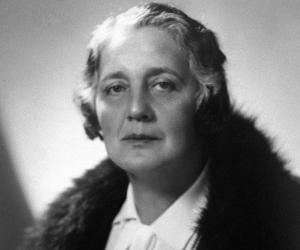
Melanie Klein was an Austrian-British author and psychoanalyst. A key figure in the development of object relations theory, she is best known for her work in child analysis. She began her studies by observing her own children’s behavior while they were growing up. As a woman in a field dominated by men, she was also a feminist icon.
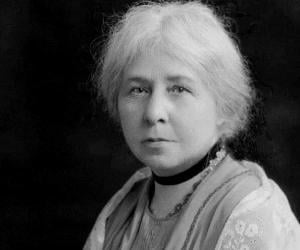
British Egyptologist and anthropologist Margaret Murray was also a scholar of witchcraft. Her best-known work is her 1921 book The Witch Cult in Western Europe, which inspired later witchcraft scholars such as Gerald B. Gardner. The University College London professor had worked in places such as Egypt, Malta, and Petra.
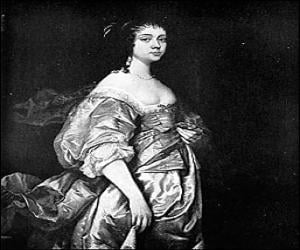
Lady Margaret Lucas Cavendish was an English poet, philosopher, playwright, fiction writer, and scientist. Margaret, who had the audacity to publish her works without using a pen name at a time when female writers remained anonymous, was ahead of her time. Not surprisingly, she was considered eccentric and earned the nickname Mad Madge. Her works gained popularity in the 1980s.
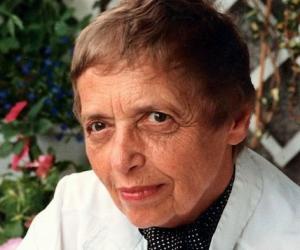
Known for her persistent researches on some of history’s most reviled characters, Gitta Sereny was an investigative journalist and author of five biographical works that attempted to make sense of their crimes. Notable among her works are Albert Speer: His Battle with Truth and The Case of Mary Bell: A Portrait of a Child Who Murdered.
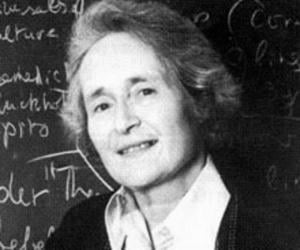
Best known for her book Purity and Danger, anthropologist Mary Douglas specialized in human culture and comparative religion. Initially employed with the British Colonial Office, she later worked with the matrilineal community of the Lele people of Kasai. She was known to be a devout Catholic.
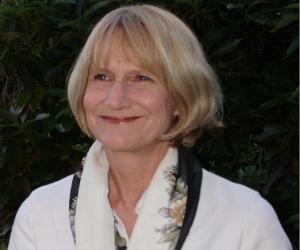
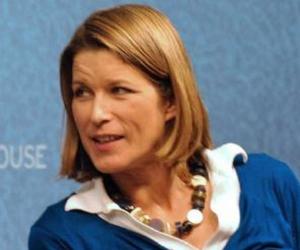
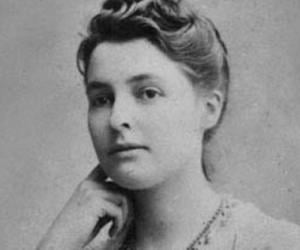
Sociologist Beatrice Webb is best remembered for coining the term collective bargaining. Along with her husband, Sidney Webb, whom she met at the Fabian Society, and others, Beatrice co-founded the London School of Economics. In spite of her lack of formal education, she was a prominent educator and an avid diarist.
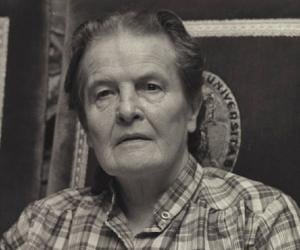
A prominent figure in the philosophical movement of Analytical Thomism, British analytic philosopher G. E. M. Anscombe is remembered for her writings on the philosophy of mind, philosophy of language, philosophical logic, philosophy of action, and ethics. The term consequentialism was introduced by her in the article Modern Moral Philosophy which has influenced the emergence of contemporary virtue ethics.
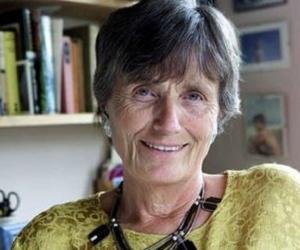
English author and freelance critic Margaret Forster is best remembered for her bestselling novel Georgy Girl, which was made into a film later. She also penned biographies and contributed to BBC Radio 4 programs. She had also been a Booker Prize judge but mostly remained away from book-signing events.
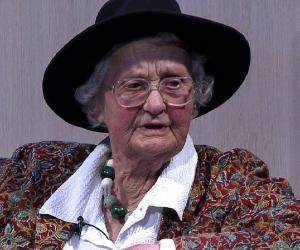
Leading British moral philosopher Mary Midgley, described as a fiercely combative philosopher by The Guardian, was known for her work on ethics, science and animal rights. She worked as senior lecturer in philosophy at Newcastle University and penned over 15 books, including Beast and Man, Animals and Why They Matter, Evolution as a Religion and Science as Salvation.
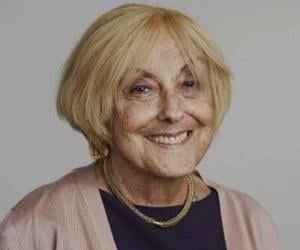
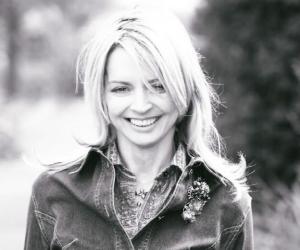
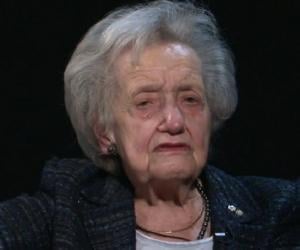
Considered a pioneer in her field, centenarian neuropsychologist Brenda Milner is known for her immense contribution to clinical neuropsychology. Especially known for her work on memory and cognition, she has contributed immensely to the study of temporal lobe. Her papers on the frontal lobes in problem-solving and the lateralization of hemispheric function in language are also highly regarded by scholars.
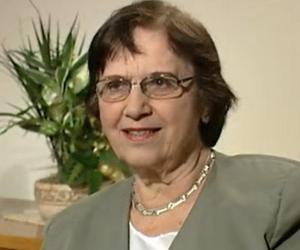
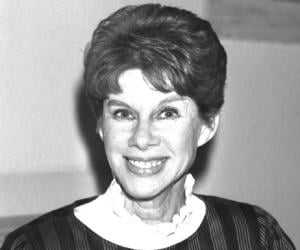
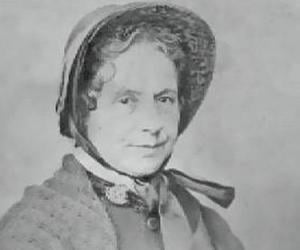
Owing to a spinal ailment, Catherine Booth remained mostly at home as a child. She later founded The Salvation Army, with her Methodist preacher husband William Booth, thus helping the poor and the needy. She refused to believe women couldn’t preach the gospels and wrote the pamphlet Female Ministry.
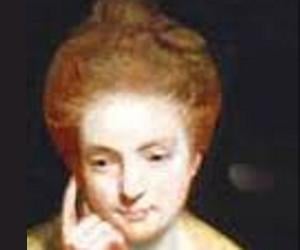
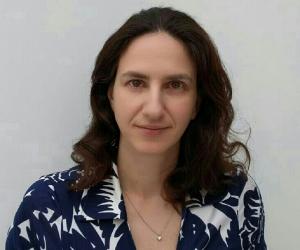
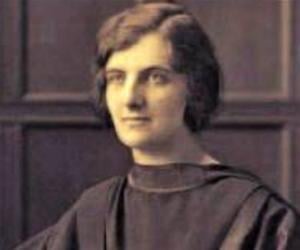
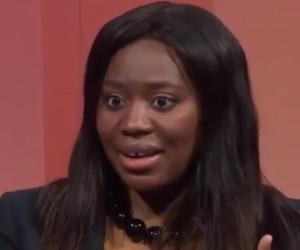
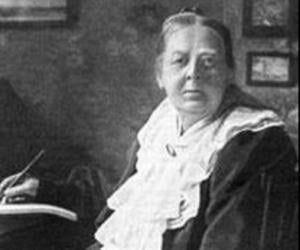
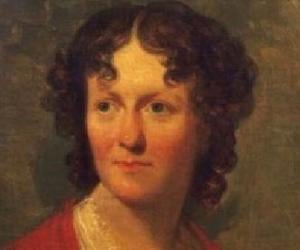
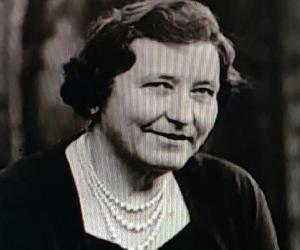
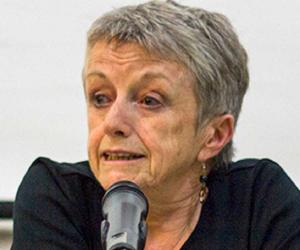
Doreen Massey was a British geographer and social scientist. A multi-talented personality, Massey specialized in feminist geography, Marxist geography, and cultural geography among several other topics. For many years, she served at the UK's Open University as a professor of Geography. Over the course of her career, Doreen Massey was honored with many prestigious awards like the Presidential Achievement Award.
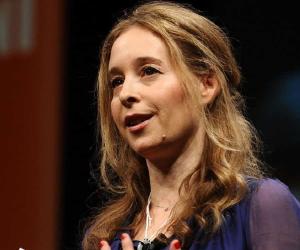
English academic, economist, author and broadcaster Noreena Hertz serves as Economics Editor of ITV News, chief Europe correspondent of Sirius XM and Honorary Professor at the UCL Institute for Global Prosperity. She hosts the MegaHertz: London Calling show on Sirius XM Insight channel. She launched the Mayday for Nurses campaign and penned books like The Silent Takeover and Generation K.
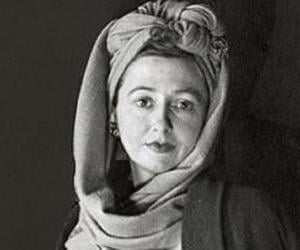
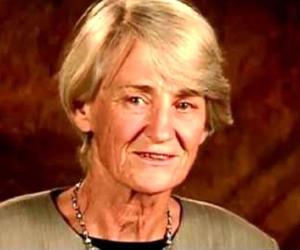
British paleoanthropologist Meave Leakey discovered a new branch of the human species, the Kenyanthropus platyops, or the flat-faced man of Kenya. Initially a zoologist in Nairobi, she studied modern monkeys as part of her doctoral research. She is the first Kenyan to be a National Academy of Sciences member.

While she performs as a musician using the name Georgina Born, Georgina Emma Mary Born is also a successful anthropologist and academician, known for her research on music, culture, and media. A bass guitarist and cellist for the rock group Henry Cow, she also uses ethnography to study culture.
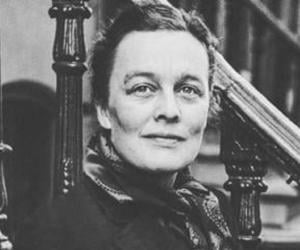
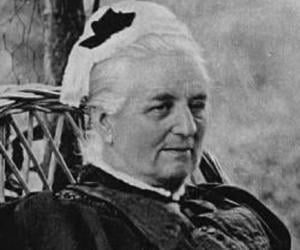
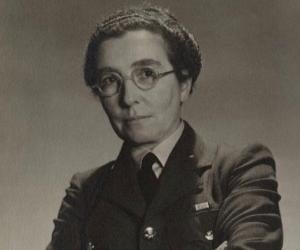
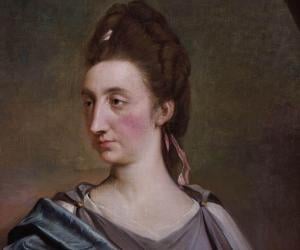

While she initially studied engineering, Claire Barratt later gained fame as an industrial archaeologist. She has a degree in conservation of industrial heritage. She also has a parallel career as a TV presenter and has been part of shows such as Salvage Squad and Britain's Secret Treasures.
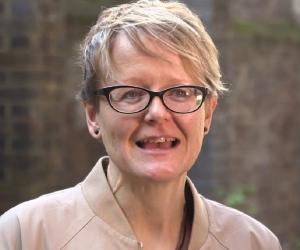
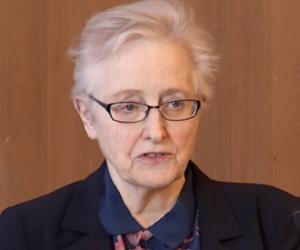
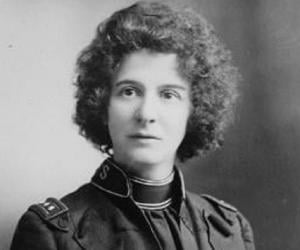
Evangeline Booth is remembered as the first female general of the Salvation Army, founded by her parents, William Booth and Catherine Mumford. Her beauty and musical skills earned her the nickname White Angel of the Slums. Her efforts ranged from aiding unwed mothers and working women, to organizing fundraisers.
